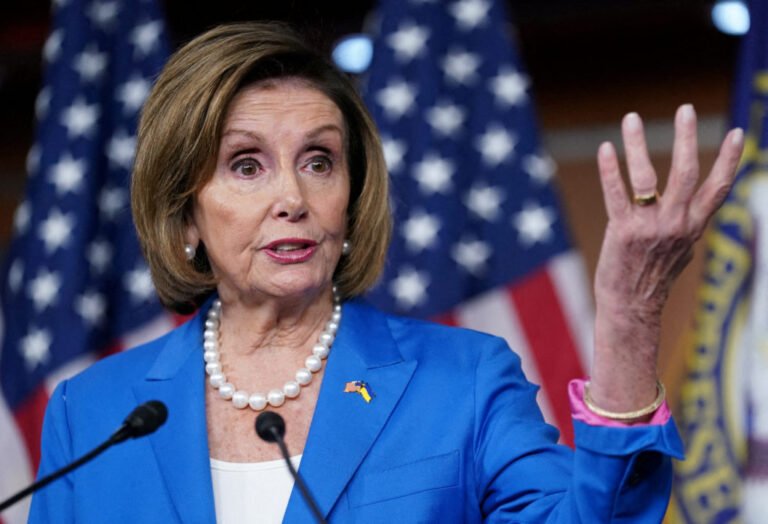
The Friday Of 13th: The History, Superstitions, and Cultural Impact of an Unlucky Day
Introduction:
The Friday Of 13th is one of the most widely recognized superstitions in Western culture. The day has long been associated with bad luck, fear, and mystery. While some dismiss it as a baseless myth, others take precautions to avoid misfortune. This article delves into the origins, cultural significance, and influence The Friday Of 13th in media and daily life.
Origins The Friday Of 13th Superstition

The fear of The Friday Of 13th, known as paraskevidekatriaphobia, has deep historical and religious roots. The superstition is thought to stem from two major factors: the fear of the number 13 (triskaidekaphobia) and the negative connotations surrounding Fridays in various traditions.
- Religious Roots:
- In Christianity, the Last Supper had 13 attendees, including Jesus and his 12 disciples. Judas Iscariot, the betrayer of Jesus, was the 13th person to sit at the table.
- Jesus was crucified on a Friday, which adds to the idea that Friday is an unlucky day.
- Norse mythology also supports this belief, as the mischievous god Loki was the 13th guest at a banquet, bringing misfortune.
- Historical Incidents:
- One of the most infamous events linked to The Friday Of 13th occurred in 1307, when King Philip IV of France ordered the arrest of the Knights Templar on Friday, October 13th. Many Templars were executed, cementing the day’s reputation as one of misfortune.
Superstitions and Common Beliefs
Over the centuries, numerous superstitions have been associated with The Friday Of 13th. Some common beliefs include:
- Avoiding travel: Many people believe that traveling on this day may lead to accidents or misfortunes.
- Not making big decisions: Some individuals avoid signing contracts, getting married, or making significant financial moves.
- Hotels and buildings skipping the 13th floor: Many high-rise buildings and hotels do not have a 13th floor, skipping directly from 12 to 14.
- Airlines omitting row 13: Some airlines remove row 13 from their seating plans to accommodate superstitious travelers.
The Friday Of 13th in Popular Culture
The superstition surrounding The Friday Of 13th has inspired many books, movies, and television series. The most famous example is The Friday Of 13th horror movie franchise, which began in 1980 and introduced the world to Jason Voorhees, one of the most iconic characters in horror history.
- The Friday Of 13th Movie Franchise:
- The first movie, released in 1980, depicted a group of teenagers at Camp Crystal Lake being stalked and murdered by a vengeful killer.
- Jason Voorhees, initially not the main villain, later became the franchise’s primary antagonist, known for his hockey mask and machete.
- The series has spawned over a dozen films, TV shows, video games, and comic books, cementing The Friday Of 13th as a pop culture phenomenon.
- Books and Television:
- Numerous horror novels and TV episodes have been based on The Friday Of 13th superstitions.
- TV series like The X-Files, Supernatural, and American Horror Story have included episodes featuring The Friday Of 13th themes.
Real-Life Events on The Friday Of 13th
Despite the superstition, history has recorded both tragic and coincidental events occurring on this day:
- October 13, 1972: The Uruguayan Flight 571 crashed in the Andes Mountains, leading to one of the most famous survival stories.
- November 13, 1970: A deadly cyclone struck Bangladesh, killing over 300,000 people.
- March 13, 2009: The stock market saw one of its worst crashes in history, which some linked to the superstition.
Scientific and Psychological Perspectives
Psychologists argue that The Friday Of 13th is more about self-fulfilling prophecy than actual bad luck. When people believe something bad will happen, they may unconsciously act in ways that lead to negative outcomes.
- Studies show that accident rates increase on The Friday Of 13th, but this could be due to heightened anxiety and stress rather than supernatural forces.
- Cognitive biases, such as confirmation bias, make people remember unfortunate events on The Friday Of 13th while ignoring other days when similar events occur.
How People React to The Friday Of 13th

People’s reactions to The Friday Of 13th vary:
- Avoidance: Some individuals stay home, refuse to make appointments, or reschedule important plans.
- Rituals for Good Luck: Carrying lucky charms, saying prayers, or following personal traditions to ward off misfortune.
- Embracing the Fear: Horror movie marathons, themed parties, and social media discussions celebrating The Friday Of 13th.
Conclusion:
The Friday Of 13th remains one of the most well-known superstitions, blending history, religion, psychology, and entertainment. Whether you see it as an ordinary day or a harbinger of doom, its cultural impact is undeniable. While there is no scientific evidence proving it is unlucky, the fear surrounding it continues to influence many aspects of society, from business practices to pop culture.
So, whether you choose to avoid stepping on cracks or embrace the thrill of a spooky The Friday Of 13th, one thing is certain—it will always be a day filled with mystery and intrigue.








